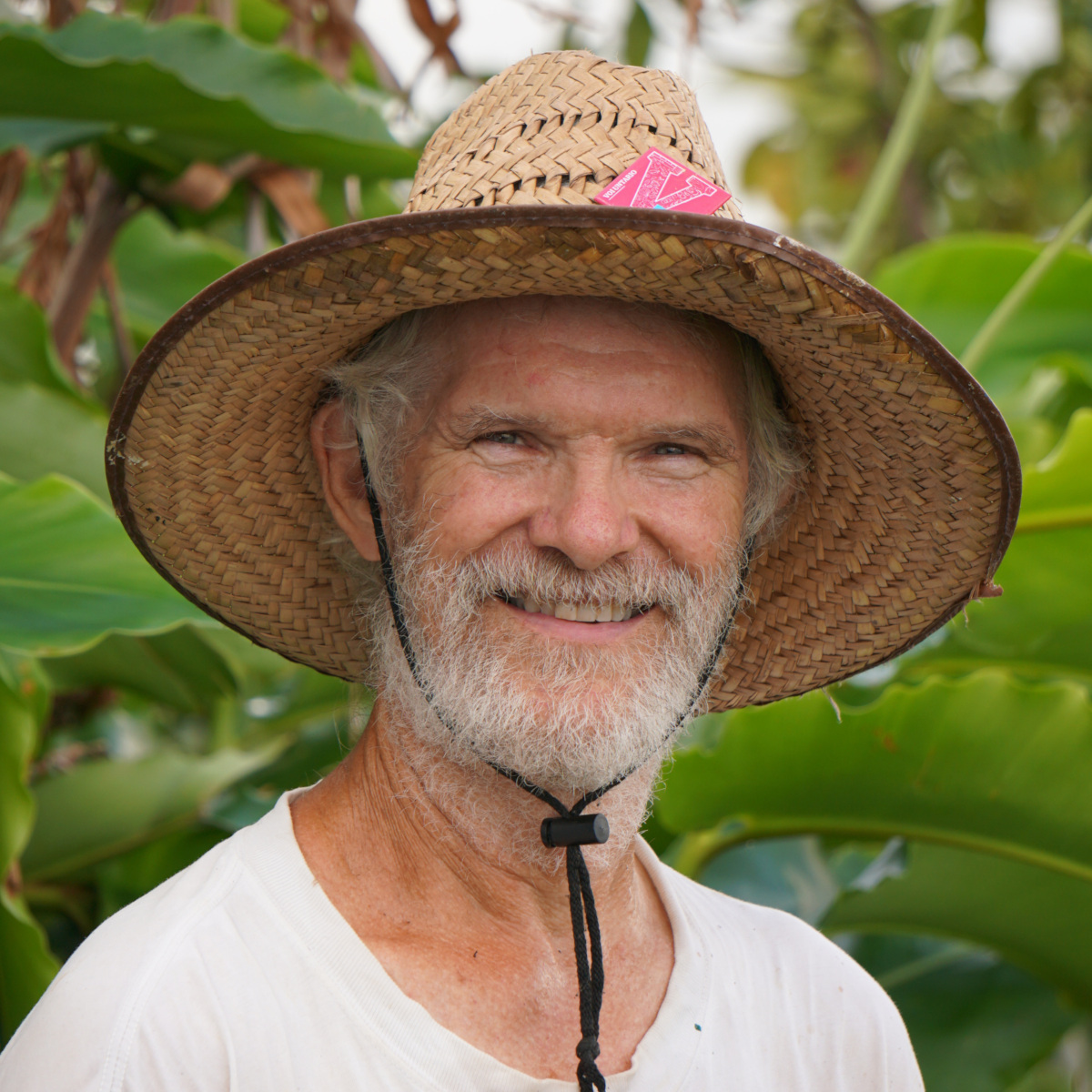

In economic terms, nature is often referred to as an “externality” - meaning, as you say, things which do not appear on corporate balance sheets - that are unvalued. We have collectively recognized that clean water in rivers is something valuable to society, and converted the externality of “use the river to carry away the pollution!” and “use the river water to cool the process plant” into actual costs: not by making investors put their money into riverine systems for future profit, but by requiring permits which restrict what can go into or come out of the river. We can, and sometimes do, manage the land in similar ways. I advocate for it, but of course I get a little anxious about the details if it comes to MY land!
I spent a couple of years in Guna Yala, the indigenous-peoples’ territory of northeastern Panama. The Guna people live in towns on islands just offshore of the coast, and they farm and hunt in the mainland forest. When a Guna family wants to grow crops, they go with a village chief to the forest area near the village and identify a piece of land that is suitable. The chief approves it and records the location, and the family has it for three years. They can cut trees, plow soil, plant whatever. After three years, they have to abandon it and nobody can use that land for three years.
I feel very much that my land is not REALLY mine. I have stewardship. The people that had it in the recent past (20th century), did not treat it well and shame on them. But they are dead and gone, so they don’t care I guess. I am treating it better and someone later will probably be glad to acquire it because of the great soil, healthy and perhaps valuable tropical hardwoods, and well-connected ecosystem. I’ll be dead and gone so I won’t care. It is IMMEDIATELY gratifying to live in this place and see it heal and prosper and that is all the return on investment I could ask. But I would at least say they should give me a break on property tax for land I restore to forest (even food forest). Maybe I will donate it to the Nature Conservancy some day, to lock in the gains.




NYT is spouting every headline they can imagine to shift votes toward Trump, and not just lately. Their entire editorial focus is to cast confusion on Democrats’ prospects. They should be recognized as firmly partisan and no longer serving a journalistic purpose. Unfortunate, but that’s the times in which we live.